Bac Giang ensures qualified lychee to export to high-ranking markets
This year, Bac Giang has 28,300 hectares of lychee growing area with the expected output of 160,000 tonnes including 6,750 hectares of early-ripen lychee with expected output of 50,000 tonnes and the rest are main-crop lychee. There are 15,400 hectares of lychee are cultivated following VietGAP standard and 102 hectares under GlobalGAP standard.
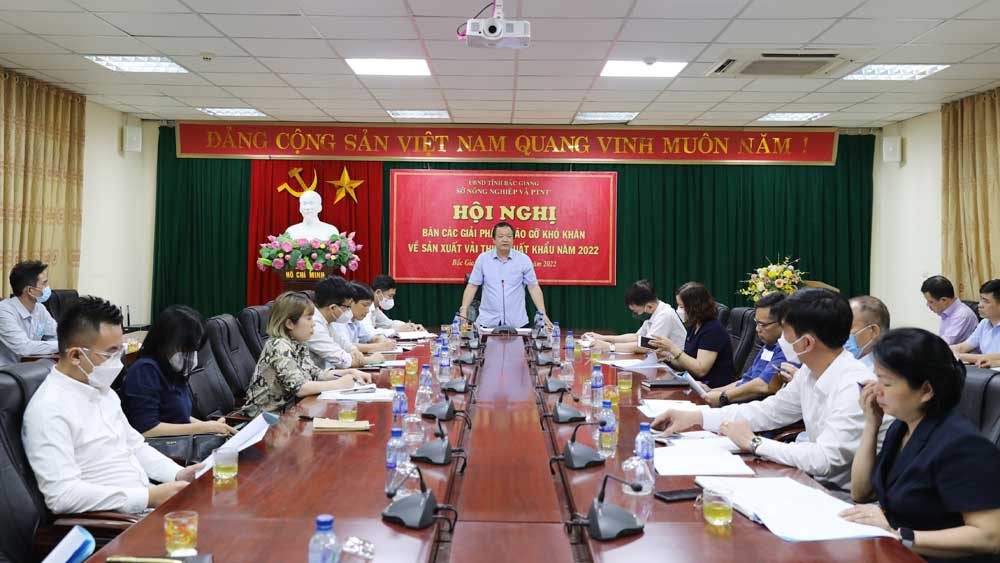 |
|
A view at the seminar. |
The province has established a steering team for lychee production for export to provide guidance and supervise farmers to implement right production procedures meeting market demand. Currently, the lychee gardens are growing well.
According to a representative of the Department of Agriculture and Rural Development, the lychee production this year is rather convenient but it can face some difficulties, particularly it will be challenging to export to Chinese market due to the China’s Zero Covid policy while many other markets have not applied for large consumption volume.
Concluding the seminar, Le Ba Thanh, Vice Director of the Department of Agriculture and Rural Development requested the districts and related divisions to provide guidance and support pesticides for farmers to ensure quality to meet demand of both domestic and export markets.
The related sector should support enterprises and purchasing cooperatives in inspecting and supervising the planting areas to ensure no pesticide residues in the product, strengthen online supervision according to requirements of Chinese customs authorities and collaborate with enterprises to sign consumption contracts to encourage production. Besides, they should request enterprises to build export plans and soon sign contracts to facilitate production and consumption, especially for Japanese market.
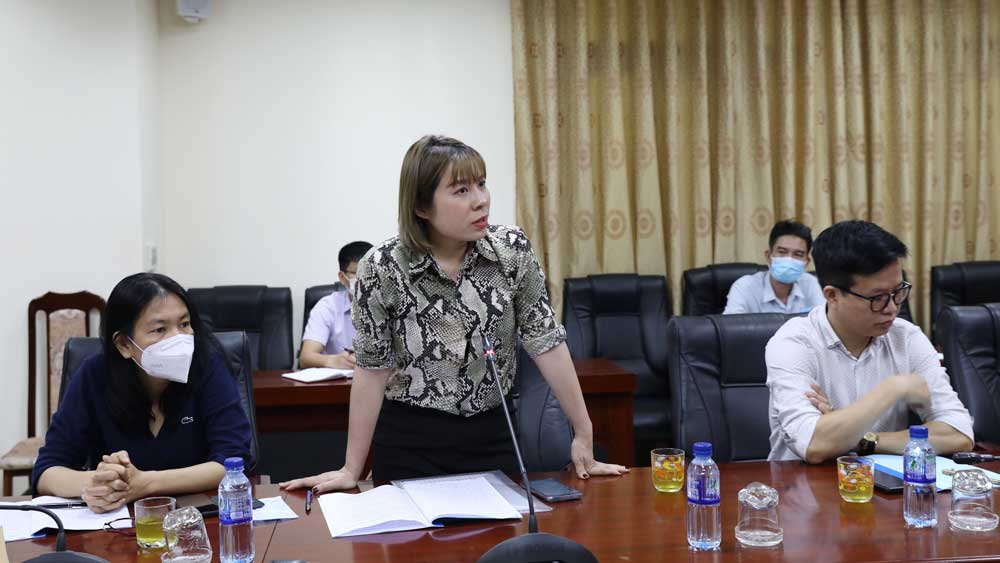 |
|
Representative of Toan Cau Food Import and Export Joint Stock Company voices at the seminar. |
The related divisions and sub-departments were urged to pay attention to directing, supervising and predicting the harvest time, help localities to take phytosanitary samples for smooth consumption. In addition, they should collaborate with the Department of Plant Protection and local competent agencies to inspect the use of pesticide and fertilizers ensuring safe production.
The Department of Plant Protection was requested to support and send experts to provide training for farmers to comply with the safe lychee production procedures. Besides, the planting area and packaging codes will be supplemented. The province will strive to ensure qualified lychee product for export.
 Bắc Ninh
Bắc Ninh





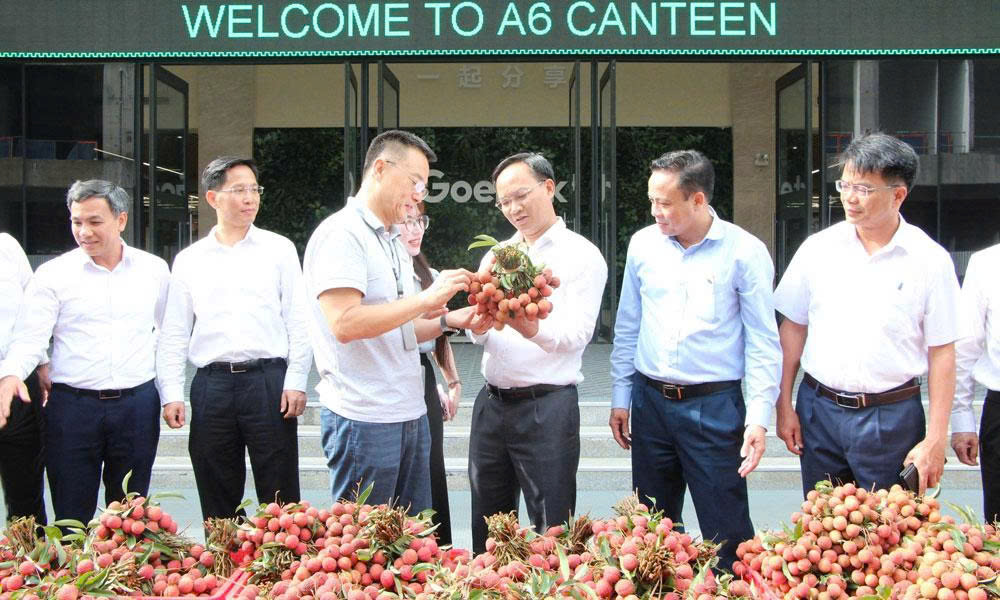
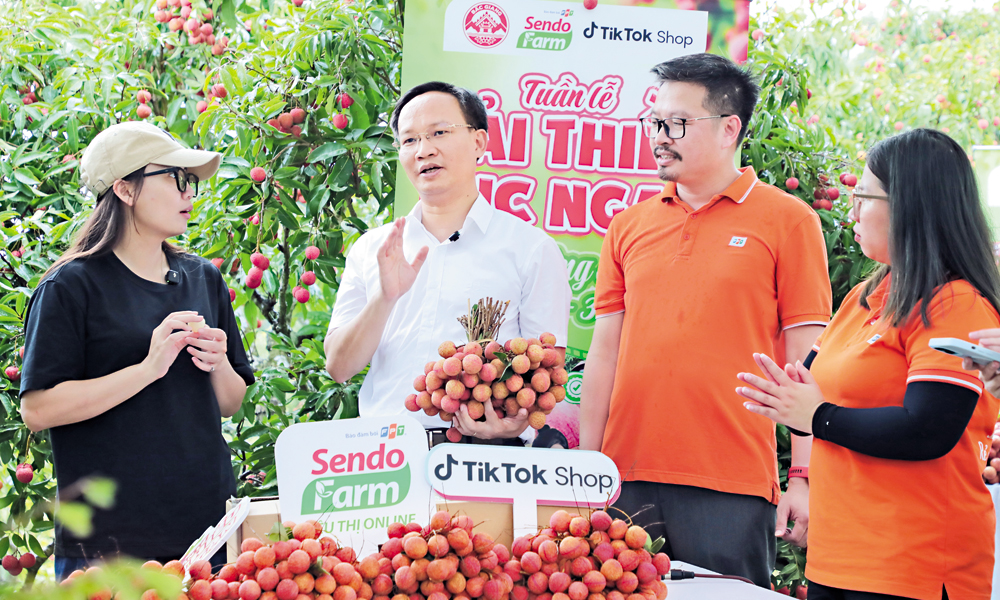


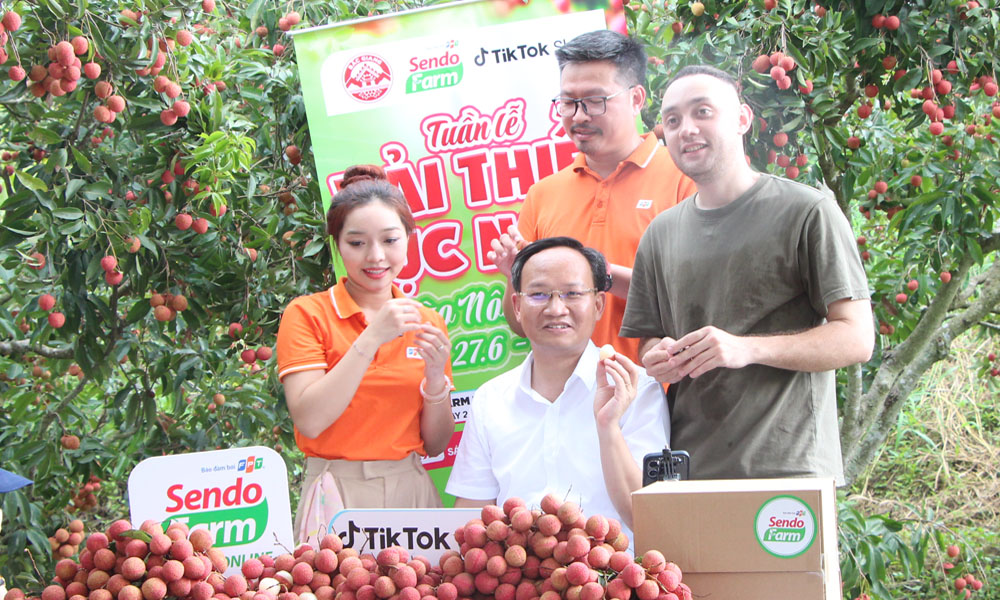





Reader's comments (0)